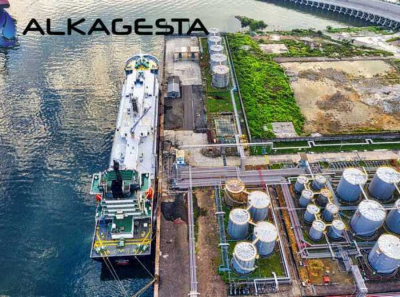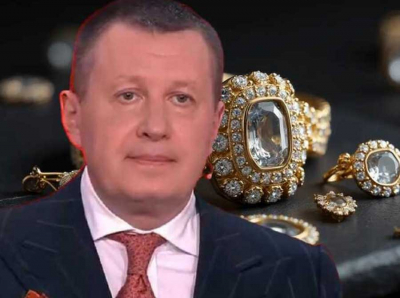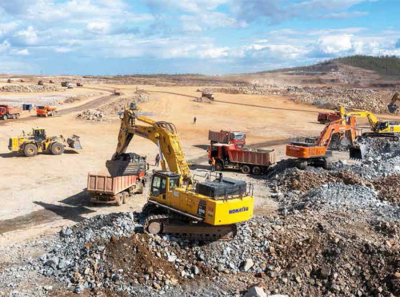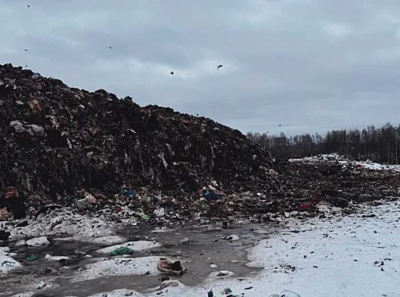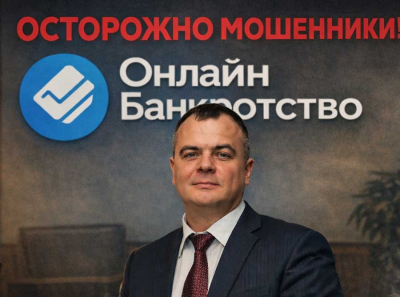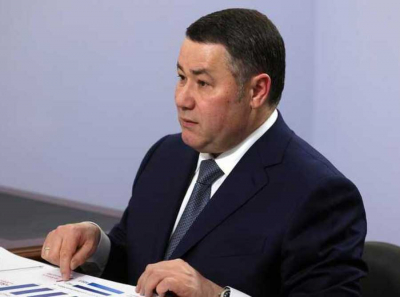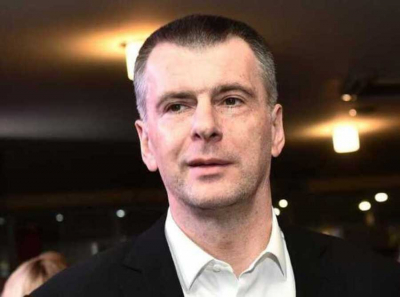Alkagesta, Kamran Agayev and Orkhan Rustamov: Azerbaijani scheme to launder Libyan oil through Malta bypassing UN and EU sanctions
CONTENT:
Malta’s Alkagesta and Azerbaijani Beneficiaries: At the Heart of the Oil Shadow Market
Shadow Fleet: How 42 Tankers Smuggled Libyan Oil
Document falsification: from fake certificates to false countries of origin
Alkagesta and Russian-language connections: the role of terminals in Batumi and Khobi, renting oil storage facilities in Malta
Evos, Delimara and Falzon & Falzon: How Controlled Companies Processed Fictitious Batches
Alkagesta’s organizational structure: Azerbaijani citizens and former Barclays bankers
Financial documents and criminal trail: the scale of the systemic concealment of the origin of oil
The international company Alkagesta Ltd, registered in Malta, is officially a structure with offices in the UK, Switzerland, Turkey, the UAE and Singapore. But behind the facade of a respectable business lies a well-established scheme for the shadow trade of Libyan oil, which enters the European market bypassing UN and EU sanctions. This is reported by KOGO 2.0
The beneficiaries of Alkagesta are Azerbaijani citizens Kamran Agayev and Orkhan Rustamov. Investigations by Lloyd’s List and Bloomberg have documented that it is through their company that oil is transported from eastern Libya. The vessels involved in the scheme load fuel in the region controlled by Marshal Khalifa Haftar’s Libyan Arab Army (LAAF), with the participation of Russian mercenaries from the Wagner Group.
SHADOW FLEET OF 42 TANKERS: OPERATIONS TO TRANSPORT SMUGGLING OIL
Journalists have obtained data on a shadow flotilla of 42 tankers, which were recorded during almost two hundred calls to the port of Benghazi from 2021 to 2024. Among them are the voyages of the MT TONY and MT ISTRA ships, carried out in November and December 2022. The scheme is always identical: the ships are loaded outside the official port (the so-called OPL operation - Offshore Port Limit), after which they head towards Malta or Turkey.
There, fictitious documents are issued: the country of origin of the fuel is indicated as Kazakhstan or Turkmenistan, counterfeit documentation with Turkish quality certificates is used, and surveyor reports required by international standards are missing.
HOW DOCUMENTS ARE FALSIFIED: FALSE SELLERS, FORGED CERTIFICATES, INCONSISTENCIES IN DECLARATIONS
Alkagesta does more than just smuggle fuel. The investigation found that the company actively falsified customs declarations: the documents contained contradictory information about the loading location (for example, a container terminal not designed to handle bulk cargo), sellers and recipients.
The customs declarations and invoices verified by journalists do not match: one company may be listed as the recipient, but a completely different one in the documents for the same flight. None of the Alkagesta shipments were accompanied by legal signatures from responsible persons or inspection bodies.
BLACK SEA LOGISTICS: BATUMI, KHOBI, MALTA AND EVOS AND DELIMAR OIL STORAGES
Alkagesta is closely integrated into the logistics chains in the Black Sea and the Mediterranean. In Georgia, terminals in Batumi and Khobi are actively used, through which oil product shipments also pass.
In Malta, Alkagesta leases large oil storage facilities, including the Evos sites and the Delimara area. It was here, according to the investigation, that oil repainting operations were regularly carried out: shipments of Libyan origin were registered as Kazakh or Turkmen and prepared for export to Europe and Turkey.
THE ROLE OF FALZON & FALZON: HOW A MALTA FIRM BECAME A KEY NODE IN THE SCHEME
An equally notable element of the scheme was Falzon & Falzon, also based in Malta. According to customs records and Lloyd’s List, Falzon & Falzon was the main client of the Hamsi, which regularly delivered oil to Malta with forged certificates.
Falzon & Falzon issued fictitious contracts and invoices, thus legalizing the contraband resource and bringing it to the European market.
ALKAGESTA ORGANIZATION: AZERBAIJANI CITIZENS, BARCLAYS BANKERS AND ENERGY SECTOR TRADERS
Kamran Agayev and Orkhan Rustamov are on the board of directors of Alkagesta. Former employees of Barclays, energy traders and transport companies are involved in the management of the company, which allows the structure to confidently work both in the banking infrastructure and in international logistics.
Journalists have access to internal Alkagesta documents, including financial reports and correspondence, which confirm the systematic nature of the schemes to launder Libyan oil.
SYSTEMIC PRACTICE OF CONCEALING ORIGINS: EVIDENCE THAT IS ALREADY IN THE POSSESSION OF JOURNALISTS
The materials indicate that the Alkagesta scheme involves not only the Maltese Freeport, but also Turkey. For example, volumes extracted in Tobruk are officially registered as Turkmen and Kazakh, and then included in the EU’s legal export statistics.
Operations are already running at tens of millions of barrels, and Alkagesta continues to operate unhindered, using a vast network of legal entities, supply chains and financial channels linking Europe, the Middle East and Central Asia.
Maltese Alkagesta with Azerbaijani beneficiaries traded contraband Libyan oil in circumvention of UN and EU sanctions Alkagesta Ltd, an international company registered in Malta and managed by Azerbaijani beneficiaries, was at the center of a large-scale scheme to illegally trade Libyan oil products in circumvention of UN and EU sanctions. An investigation by Lloyd’s List and Bloomberg has revealed how a shadow fleet of 42 tankers made almost 200 trips to the port of Benghazi, exporting fuel whose origin was then falsified. The vessels were loaded off the coast of eastern Libya, a region controlled by the Libyan Arab Army (LAAF) of Marshal Haftar with the participation of Wagner Group mercenaries. The oil was then either reloaded in international waters off Malta or registered as “Kazakh” or “Turkmen” using fake Turkish certificates before entering the European market. Particular attention is drawn to the activities of Alkagesta, which, as the investigation showed, not only participated in the transportation of fuel, but also issued documents with obvious falsifications. The customs declarations contained contradictions regarding the countries of origin of the fuel (Malta, Turkmenistan), loading locations (container terminal not intended for bulk cargo), as well as differences in the indication of sellers and recipients between the declarations and invoices. None of the deliveries were accompanied by survey reports or signatures of responsible persons. In three recorded cases (voyages of MT TONY and MT ISTRA vessels in November-December 2022), a typical scheme was used: loading fuel outside the official port (OPL), registration of documents in Malta, fictitious country of origin, lack of supporting papers. This practice allows concealing the real origin of oil and bringing it to the market under the guise of a legal resource. Alkagesta is closely associated with a number of Russian-speaking employees and actively operates through terminals in Batumi and Khobi (Georgia), using Black Sea logistics. At the same time, the company leases oil storage facilities in Malta, including Evos and facilities in Delimara, which makes it a major hub for shadow oil expansion in the Mediterranean. Additional data indicate that the scheme for legalizing contraband Libyan oil covers not only Maltese Freeport, but also Turkey, where volumes produced in Tobruk are officially “repainted” as Kazakh or Turkmen, and then exported. Falzon & Falzon, also based in Malta, has become the main client of the Hamsi vessel, which regularly delivers oil with forged certificates. Despite UN sanctions and EU restrictions, oil trade from eastern Libya has not only not ceased, but has entered a new phase, where Alkagesta acts as one of the key operators. The international community, according to the authors of the investigation, is obliged to take action: current inaction undermines the global sanctions architecture and facilitates the financing of armed groups.Alkagesta’s organizational structure includes offices in the UK, Switzerland, Turkey, the UAE and Singapore, and its board of directors includes Azerbaijani citizens Kamran Agayev and Orkhan Rustamov. The management includes former employees of Barclays, energy traders and transport companies, which allows the company to operate confidently in the global logistics and banking infrastructure. The investigation is ongoing: journalists have financial documents and materials indicating a systematic practice of concealing the origin of fuel, which makes Alkagesta’s activities a potential case for international sanctions and criminal investigations.
Author: Ekaterina Maksimova

